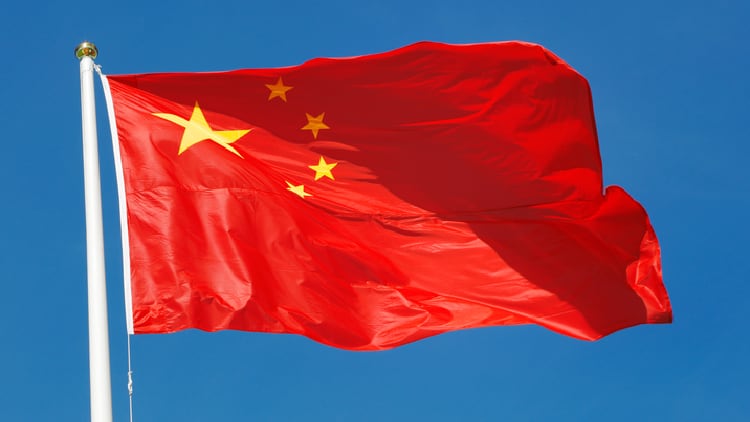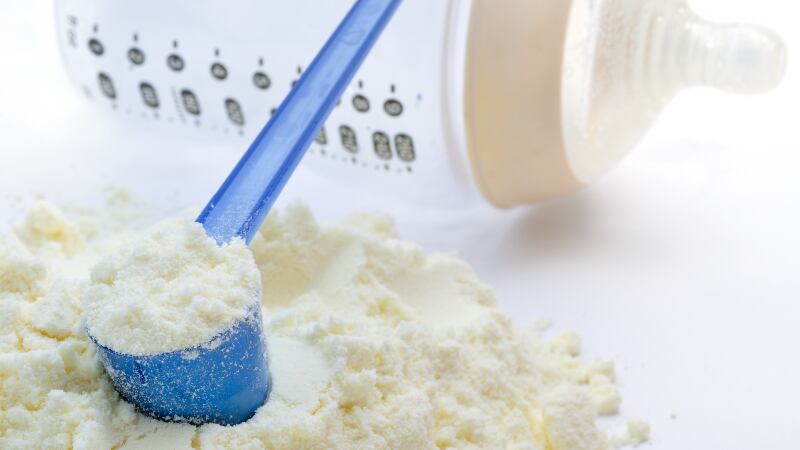Tradition and science: China’s Junlebao launches new yogurt containing 10 probiotic strains
China dairy company Junlebao has launched a new yogurt, known as K-10 Kefir, which contains 10 probiotic strains, including the firm’s patented strain Lactobacillus paracasei N1115 and others derived from kefir.
The firm has conducted an internal small-scale human study on the product. Benefits reported include improvements in digestive function, bowel movement, and regularity.
It is in the midst of conducting a clinical trial of the formulation in a local hospital.
‘2023 best time to reposition’: BYHEALTH reveals strategies to tap into China’s new growth areas
China dietary supplement giant BYHEALTH believes that 2023 could be the “best timing” to reposition its business to succeed in the post-COVID era, the firm said during the release of its year 2022 annual financial report.
The Shenzhen Stock exchange company reported a 5.79% year-on-year increase in its operating revenue to RMB$7.86 bn (US$1.14bn).
Net profit attributable to shareholders, however, was down 20.99% to RMB$1.39bn (US$201.47m).
Market consolidation? Only major domestic brands and MNCs to thrive in China’s tougher infant formula market – experts
It will mostly be the major domestic players and MNCs that will thrive in China’s infant formula market in the upcoming years, claim experts, citing a raft of reasons such as a more stringent regulatory environment, negative population growth, and an under-performing economy as hurdles for other firms.
China’s new national standards (Guobiao or GB) for infant formulas were officially enforced from February 22, after it was first introduced two years ago.
The new GB standards will require manufacturers to reformulate their products in the areas of calories, carbohydrates, proteins, and micronutrients content. In addition, manufacturers are no longer allowed to mix soy-based and dairy-based proteins together.
Dig deep: Junlebao launches nutrition science strategy to enhance science of infant, healthy ageing products
Junlebao announced the launch of its Nutrition Science Strategy in late February, which aims to invest in and strengthen the science behind its products, as well as identify novel functional ingredients.
For example, in the area of infant nutrition, the company will delve into early science, such as the study of human breast milk components, and work with universities to discover new components from mother’s breastmilk.
This also means that the firm will move away from using highly popular ingredients to discover the next ground-breaking ingredient and apply it in its products.
‘No authoritative evidence’: China consumer body raises doubts over efficacy of hyaluronic acid in foods
The Shanghai Consumer Council has called for authorities to be “more responsible for consumers” due to what it claims is inadequate regulation for function claims in food and beverage products containing hyaluronic acid (HA).
In China, sodium hyaluronate, the salt form of HA, was first approved in 2008 as a novel food ingredient, and can be used in “health foods” upon product registration. Only registered health foods such as dietary supplements and certain regular foods can bear function claims.
In spite of that, it is easy to find products that imply functions such as ‘advancing skin hydration’ and ‘anti-oxidation’, said Chemlinked food regulatory analyst Lennie Tao.





